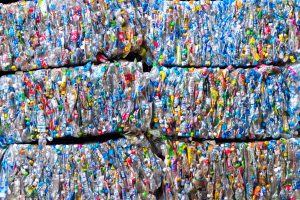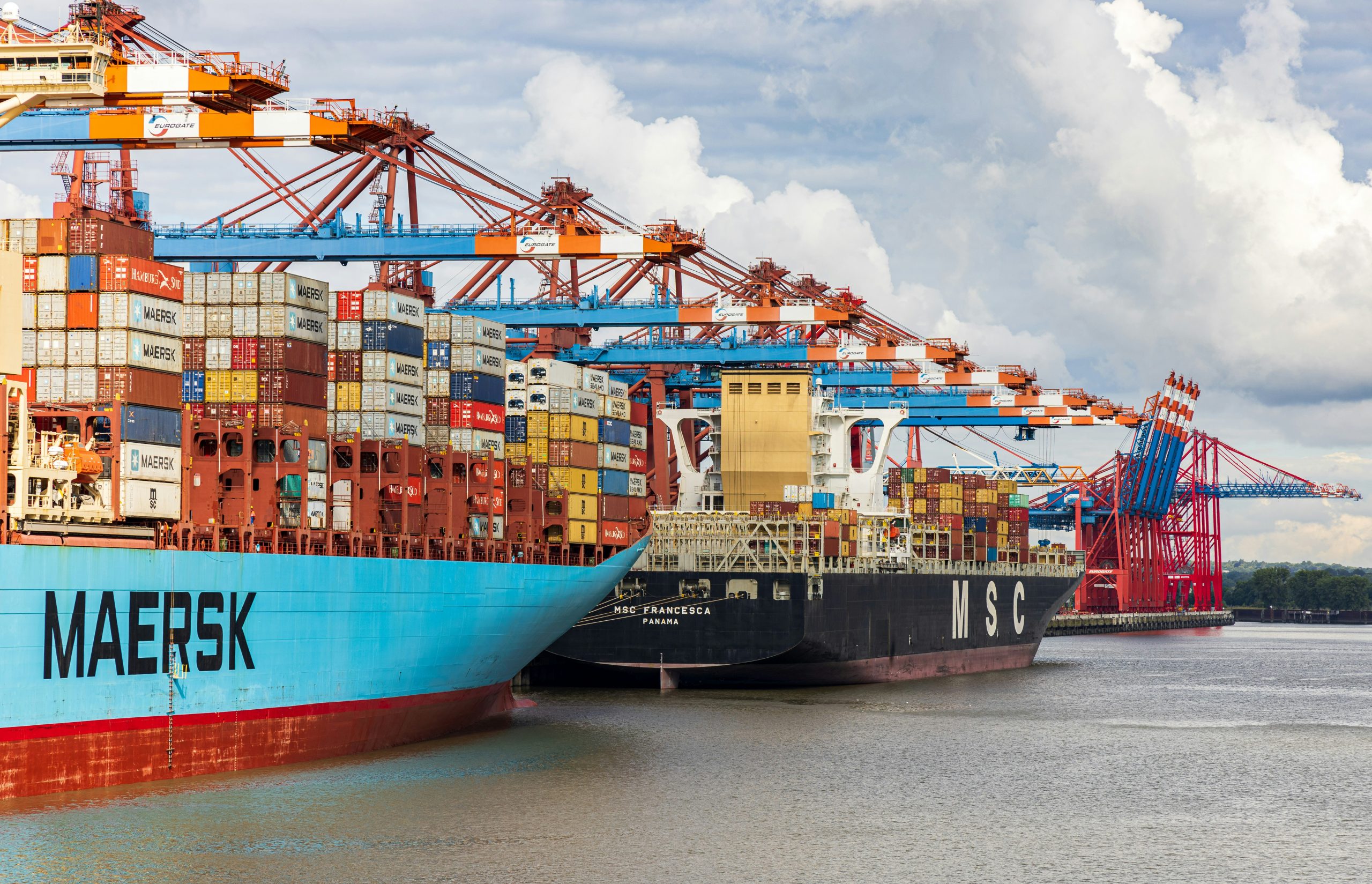Coming Soon | Consistency and completeness of data on the global petrochemicals sector’s emissions
Dominika Malkowska, Rick Lupton, Georgie Wellock, Stephen Boyle, Fanran Meng, Luke Cullen, and Jonathan M. Cullen
This article is under review.
In this study the consistency and completeness of two publicly-available datasets (PRODCOM and UNFCCC) is analysed against a proprietary industry database of petrochemical facilities (ICIS Supply and Demand), comparing production quantities and estimated emissions. This provides an innovative global assessment of the potential impact of inconsistencies and data gaps on our ability to model and monitor the operation and emissions of the global petrochemical industry.
We use Semantic Web technologies to transparently define correspondences between datasets and align data to a common classification system. Comparisons are drawn at the most granular level possible, across 42 chemicals, 36 countries, and 30 years.
The results show that sparse reporting of chemical production is a substantial and growing problem, with approximately one third of global petrochemical emissions missing in the UNFCCC database. Where production is reported, we demonstrate relatively good agreement between datasets on average, with 25–60% of comparisons agreeing within 10%, and 75–91% agreeing within 100%. However, the substantial remaining discrepancies show the data cannot be used robustly as-is for detailed modelling of chemical processing industries in specific countries. Undisclosed data is a further substantial limitation to the ability of public datasets to quantify the operation of the petrochemical sector, representing approximately 28% of chemical production.
By including the limited-access ICIS dataset in the analysis, these results provide a new independent assessment of the robustness and limitations of relying on publicly available datasets. These limitations highlight the need for and prioritisation of improved data collection on the petrochemical sector’s operations and emissions.
Image: Marek Piwnicki on Unsplash






